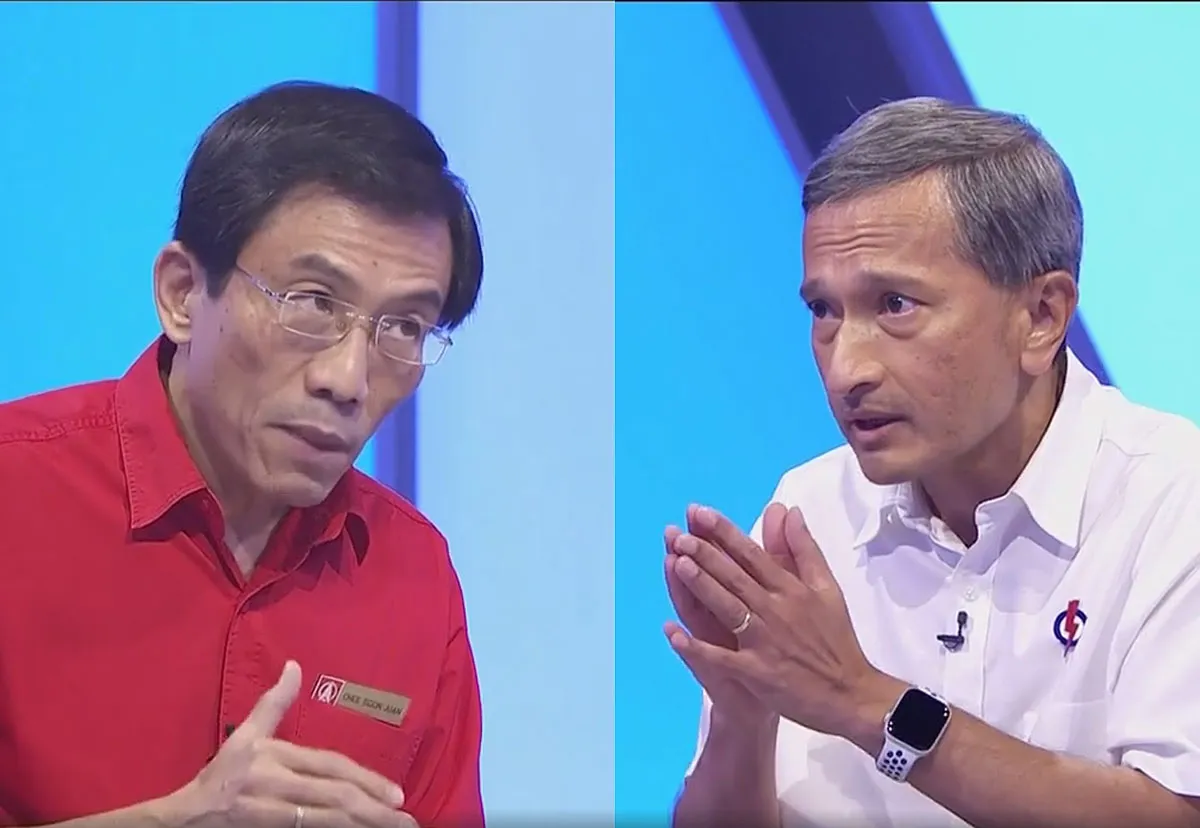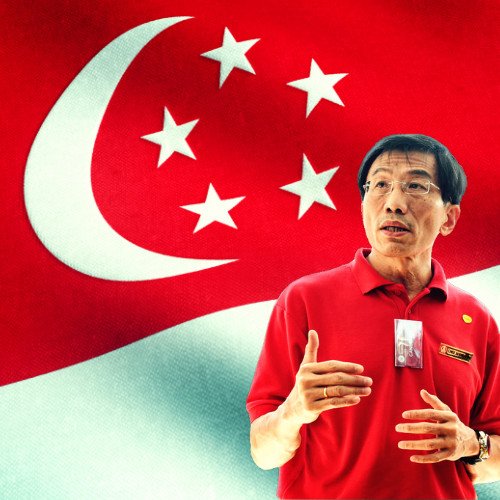SDP appeals to High Court to set aside POFMA Correction Direction on population policy

The High Court yesterday resumed a hearing, held in chambers, to decide on the appeal initiated by the SDP against the correction direction made by the POFMA office under the direction of the alternate authority of the Minister of National Development during GE 2020.
The hearing had adjourned on 11 September 2020 when the SDP asked for the Court to wait for the decision of the Court of Appeal ruling on the SDP’s original case against the earlier Correction Direction (CD) issued by the Ministry of Manpower and the direction against The Online Citizen which was heard together.
In October 2021, the Court of Appeal, while recognising the constitutionality of POFMA, “disagreed with the Attorney-General’s argument that a statement is false because the minister has identified it to be so.”
Rather, the Apex court ruled that “Truth and falsehood are ultimately matters to be determined by a court based on the evidence.” They provided a five-step framework to be applied in dealing with appeals to set aside correction directions issued under POFMA.
In this particular case, the SDP’s lawyers have argued that the subject statement in the SDP’s post was not a statement of fact but rather a comment on a statement made by HDB chief executive Dr Cheong KH in a speech at the Institute of Policy Studies (IPS).
Dr Cheong could have clarified her statement at the IPS forum but chose not to do so. Subsequently, this year, one senior former government official commented that the 10 million population figure was “always a planning parameter but not a target” and a former Cabinet member said he had some sympathy for the view expressed.
The SDP’s observation during the GE 2020, thus was not a statement of fact itself but rather a comment on a statement by Dr Cheong that carries a meaning which is supported by, among other things, senior figures formerly from the government.
As such, we have asked the Court to rule that the CD against the SDP should be set aside.
The SDP repeats our stand – POFMA is not a good way of protecting Singaporeans from the problem of online falsehoods and misinformation. Freedom of information, robust debates, and education in critical thinking are more effective approaches to producing a discerning population better equipped at tackling fake news.

